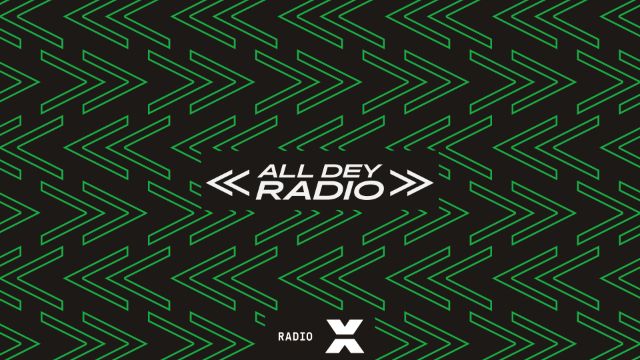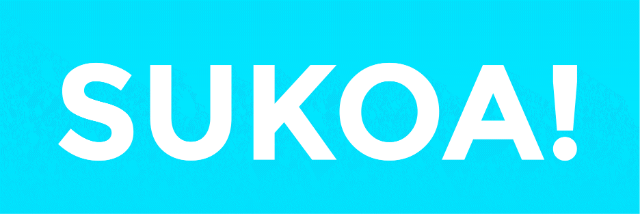

All Dey Episode 2: A Void
Do spaces have the ability to shape you? Do they open themselves up to invite you or isolate you? These questions, amongst others, helped us make sense of how we could navigate the field as "outsiders."
Ep. 2 - A Void
Die zweite Folge von All Dey von Kwaku Opoku. In Gesprächen geht er einfühlsam auf die Menschen ein, die in irgendeiner Form Hürden erleben.
In a lot of ways, the episode plays with the idea of having enough space to create anything you want to create. It uses buildings and the design of spaces to touch on ideas of belonging, negative space, not feeling wanted, and even discrimination. Although very abstract, it implores people to think through the lens of architecture and even their surroundings to see if any interactions with these structures create space or a void. And yes, we also explored the difference between a space and a void.
Speaking to Basel-based architect Leandro Gonzalez was no coincidence; he further opened up another dimension of how spaces and voids could operate as elements of freedom. When a void is created, you've made space in place of something that once existed; when there's space, there's the freedom to create and activate.
Ultimately, by the end of this episode, in a weird abstract way, you may realize that you can't be avoided by just being yourself.

Der Künstler, Designer & Musiker Kwaku Opoku aka Reez (Ghana, New York, Basel) geht in Gesprächen einfühlsam auf die Menschen ein, die in irgendeiner Form Hürden erleben. Es sind POCs oder BIPOCs, die aus unterschiedlichen Berufssparten kommen und von ihren Erfahrungen als nicht weisse Menschen in der Schweiz erzählen.

All Dey Episode 2: A Void
Do spaces have the ability to shape you? Do they open themselves up to invite you or isolate you? These questions, amongst others, helped us make sense of how we could navigate the field as "outsiders."
Ep. 2 - A Void
Die zweite Folge von All Dey von Kwaku Opoku. In Gesprächen geht er einfühlsam auf die Menschen ein, die in irgendeiner Form Hürden erleben.
In a lot of ways, the episode plays with the idea of having enough space to create anything you want to create. It uses buildings and the design of spaces to touch on ideas of belonging, negative space, not feeling wanted, and even discrimination. Although very abstract, it implores people to think through the lens of architecture and even their surroundings to see if any interactions with these structures create space or a void. And yes, we also explored the difference between a space and a void.
Speaking to Basel-based architect Leandro Gonzalez was no coincidence; he further opened up another dimension of how spaces and voids could operate as elements of freedom. When a void is created, you've made space in place of something that once existed; when there's space, there's the freedom to create and activate.
Ultimately, by the end of this episode, in a weird abstract way, you may realize that you can't be avoided by just being yourself.

Der Künstler, Designer & Musiker Kwaku Opoku aka Reez (Ghana, New York, Basel) geht in Gesprächen einfühlsam auf die Menschen ein, die in irgendeiner Form Hürden erleben. Es sind POCs oder BIPOCs, die aus unterschiedlichen Berufssparten kommen und von ihren Erfahrungen als nicht weisse Menschen in der Schweiz erzählen.



.png/jcr:content/magnolia-medium.png)

